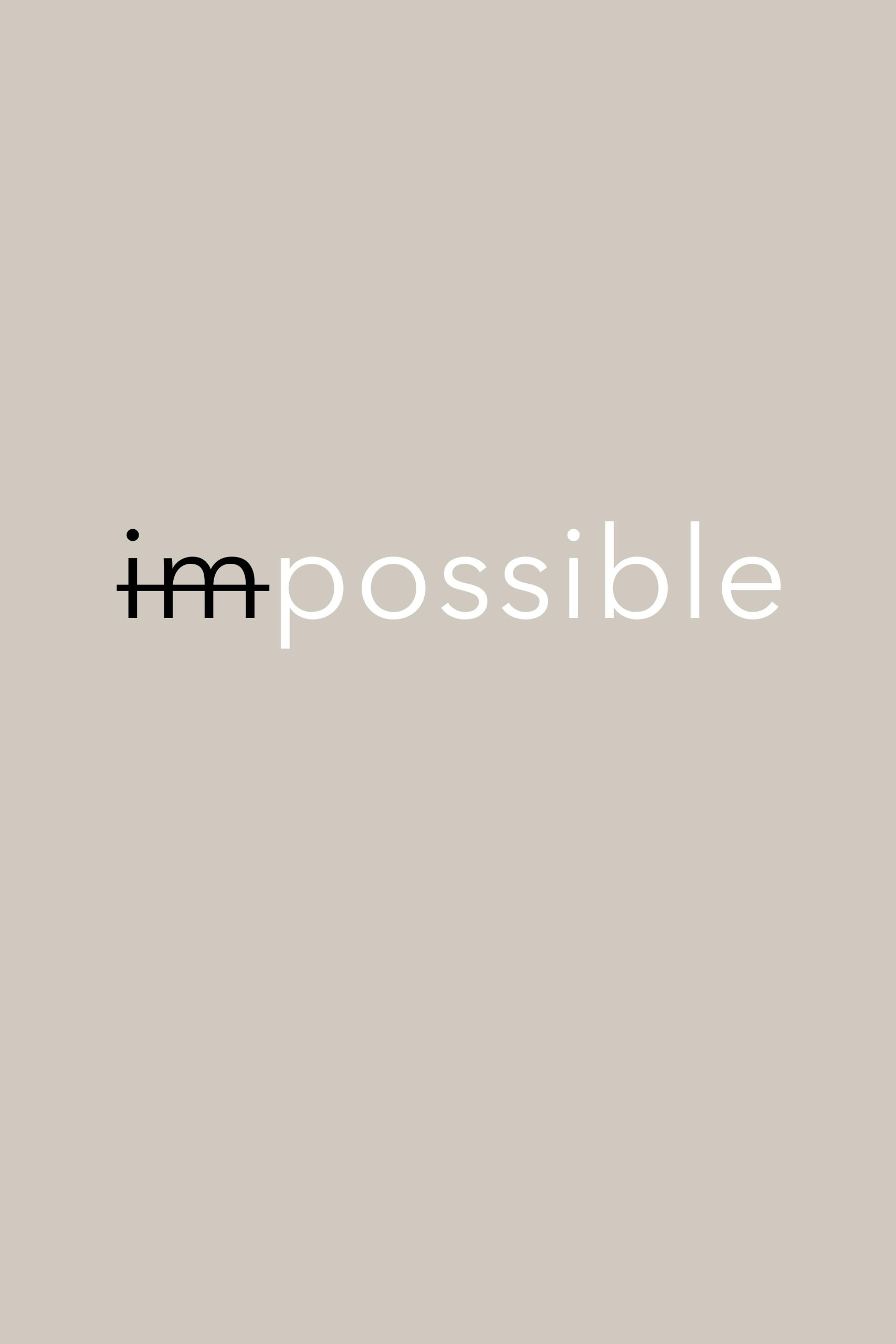Words carry immense power. They have the ability to heal, uplift, and strengthen, but they can also harm and divide if used carelessly. Over the years, I’ve come to understand that positive language isn’t just a tool for effective communication—it’s a foundation for building deeper, more meaningful relationships. Whether it’s with family, friends, colleagues, or a partner, the way we speak shapes the way we connect.
One of the most eye-opening lessons I’ve learned is how our choice of words influences the emotional tone of our interactions. For example, instead of saying, “You never listen to me,” reframing it as, “I feel heard and appreciated when you take the time to listen,” instantly changes the dynamic. The first approach feels like a criticism, while the second fosters understanding and invites collaboration. It’s amazing how just a shift in perspective can open the door to more productive and compassionate conversations.
I also believe that positive language goes beyond avoiding negativity. It’s about being intentional in affirming the good. Simple words of appreciation, like “thank you,” “I appreciate you,” or “you make a difference,” can go a long way in nurturing relationships. I’ve made it a habit to vocalize my gratitude regularly, even for the small things. It’s incredible how this practice not only brightens someone else’s day but also strengthens the bond we share.
In romantic relationships, positive language has been a game-changer for me. Expressing love and admiration through kind words has helped foster trust and intimacy. Compliments, words of encouragement, and honest expressions of affection create an environment where both people feel valued. For instance, saying something like, “I’m proud of how hard you’ve worked,” can mean so much more than we realize. It’s about building each other up and creating a safe space where positivity thrives.
Of course, this doesn’t mean suppressing honest feelings or difficult conversations. Positive language doesn’t shy away from conflict—it transforms the way we approach it. Instead of saying, “You’re always late and it’s disrespectful,” I’ve learned to say, “When you’re on time, it makes me feel respected and valued.” This way, the focus remains on a solution rather than blame.
Another way I’ve embraced the power of positive language is by actively listening and responding with empathy. When someone shares their feelings, acknowledging their emotions with phrases like, “That must have been really difficult for you,” or “I’m here to support you,” builds trust and deepens the connection. It’s not just about the words themselves but the intention behind them.
I’ve also noticed how self-talk—our internal dialogue—plays a crucial role in our relationships with others. If we’re constantly critical of ourselves, it becomes challenging to show up fully in our relationships. Practicing positive self-talk, such as affirming our strengths and acknowledging our worth, creates a ripple effect. When we treat ourselves with kindness, it’s easier to extend that kindness to others.
The transformative power of positive language isn’t just a theory—it’s something I’ve witnessed firsthand. It has turned tense moments into opportunities for growth, strengthened my connections, and brought more joy into my relationships. By being intentional about the way we use words, we can create a world where our relationships are rooted in respect, kindness, and love.
The best part is that positive language doesn’t require grand gestures or extensive effort. It starts with small, consistent changes—a kind word, a thoughtful compliment, or a moment of empathy. Over time, these habits accumulate and create an environment where relationships can truly flourish.
For me, positive language has been a gift, one that I continue to nurture every day. It’s a reminder of the power we hold in our words and the incredible impact they can have on the people we care about most. By embracing this mindset, we can transform not only our relationships but also our lives.
Words carry immense power. They have the ability to heal, uplift, and strengthen, but they can also harm and divide if used carelessly. Over the years, I’ve come to understand that positive language isn’t just a tool for effective communication—it’s a foundation for building deeper, more meaningful relationships. Whether it’s with family, friends, colleagues, or a partner, the way we speak shapes the way we connect.
One of the most eye-opening lessons I’ve learned is how our choice of words influences the emotional tone of our interactions. For example, instead of saying, “You never listen to me,” reframing it as, “I feel heard and appreciated when you take the time to listen,” instantly changes the dynamic. The first approach feels like a criticism, while the second fosters understanding and invites collaboration. It’s amazing how just a shift in perspective can open the door to more productive and compassionate conversations.
I also believe that positive language goes beyond avoiding negativity. It’s about being intentional in affirming the good. Simple words of appreciation, like “thank you,” “I appreciate you,” or “you make a difference,” can go a long way in nurturing relationships. I’ve made it a habit to vocalize my gratitude regularly, even for the small things. It’s incredible how this practice not only brightens someone else’s day but also strengthens the bond we share.
In romantic relationships, positive language has been a game-changer for me. Expressing love and admiration through kind words has helped foster trust and intimacy. Compliments, words of encouragement, and honest expressions of affection create an environment where both people feel valued. For instance, saying something like, “I’m proud of how hard you’ve worked,” can mean so much more than we realize. It’s about building each other up and creating a safe space where positivity thrives.
Of course, this doesn’t mean suppressing honest feelings or difficult conversations. Positive language doesn’t shy away from conflict—it transforms the way we approach it. Instead of saying, “You’re always late and it’s disrespectful,” I’ve learned to say, “When you’re on time, it makes me feel respected and valued.” This way, the focus remains on a solution rather than blame.
Another way I’ve embraced the power of positive language is by actively listening and responding with empathy. When someone shares their feelings, acknowledging their emotions with phrases like, “That must have been really difficult for you,” or “I’m here to support you,” builds trust and deepens the connection. It’s not just about the words themselves but the intention behind them.
I’ve also noticed how self-talk—our internal dialogue—plays a crucial role in our relationships with others. If we’re constantly critical of ourselves, it becomes challenging to show up fully in our relationships. Practicing positive self-talk, such as affirming our strengths and acknowledging our worth, creates a ripple effect. When we treat ourselves with kindness, it’s easier to extend that kindness to others.
The transformative power of positive language isn’t just a theory—it’s something I’ve witnessed firsthand. It has turned tense moments into opportunities for growth, strengthened my connections, and brought more joy into my relationships. By being intentional about the way we use words, we can create a world where our relationships are rooted in respect, kindness, and love.
The best part is that positive language doesn’t require grand gestures or extensive effort. It starts with small, consistent changes—a kind word, a thoughtful compliment, or a moment of empathy. Over time, these habits accumulate and create an environment where relationships can truly flourish.
For me, positive language has been a gift, one that I continue to nurture every day. It’s a reminder of the power we hold in our words and the incredible impact they can have on the people we care about most. By embracing this mindset, we can transform not only our relationships but also our lives.


Comments are closed